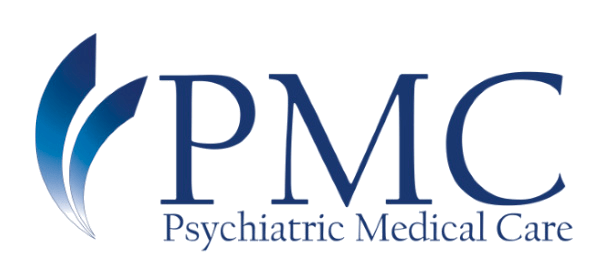Mental Health Screening Tool
eBook: Reaching Better Behavioral Health
Outcomes with Mental Health Tools
Better outcomes start with choosing the right mental health screening test. But it can be complicated. For example, many healthcare professionals use the PHQ9 to screen patients for depression, but this tool has limitations. It doesn't provide a comprehensive view of a patient's mental health, which can impact diagnostic accuracy and providers’ ability to measure progress.
Proem's evidence-based behavioral health solutions address this challenge by offering a host of clinically validated online mental health screenings — in a single solution. They cover the most common diagnosed adult and pediatric DSM-5 mental health disorders (in addition to depression). By providing a more complete mental health screening test, providers can more accurately assess each patient.
In our eBook, Reaching Better Behavioral Health Outcomes with Mental Health Tools, we explore how to select the best mental health screening tool and the role of outcome measures in evaluating care plan effectiveness, especially in the context of measurement-based care.
Topics Covered:
-
Defining a good mental health screening test
-
The types of mental health screenings available
-
The significance of the shift to measurement-based care
-
Putting measurement-based care into practice
-
Understanding process vs. outcome measures
-
How data acquisition and transformation contribute to measurement-based care
Download our eBook to see how using the right mental health screening tool empowers clinicians to enhance quality improvement.
What's Inside
This chapter dispels common misconceptions about mental illness and emphasizes how informed treatment planning, guided by outcome measures and measurement-based care, can transform lives. Discover the key to finding the right mental health screening test to enable early identification, precise diagnoses, and successful outcomes.
Understanding the key components of mental health screenings is essential to effectively using solutions. Understand the five qualities to seek in an evidence-based mental screening test, differentiate between the Mini-Mental State Examination (MMSE) and the Mental Status Examination (MSE) and access a checklist to evaluate tools.
Quality improvement in healthcare seeks to standardize processes, reduce care variations, and achieve more predictable results, ultimately leading to better patient outcomes. For excellent mental healthcare, clinicians rely on evidence-based practices, measurable progress and outcomes, and adaptive care plans. This chapter delves into the quality improvement process and the role of outcome measures in assessing different intervention types.
Get first-hand insights from clinical providers regarding outcome measurements and explore the definition of measurement-based care. Find out how data informs the selection of the right mental health screening tool and why technology is key to revealing vital intelligence that can inform treatment plans.
Evidence-based Measurements Backed by Years of Research
The Proem platform is built using digital versions of tools that are exclusively licensed from the top psychiatric professionals in the behavioral health field. These tools include the Mini International Neuropsychiatric Interview (M.I.N.I.), Yale-Brown Obsessive Compulsive Scale (YBOCS), Body Dysmorphic Disorder Questionnaire (BDDQ), and more, and have been validated through clinical research and used in clinical practice for many years worldwide.
What People Say About Us
At PMC, we are always working to identify the most effective ways to deliver optimal outcomes to our patients. Through our partnership with Proem, we gain access to a powerful platform that will help strengthen the services we provide to program participants and better ensure the success of our new initiatives.
When it comes to evaluating individuals with complex conditions, it is important that we use evidenced-based resources such as nView’s diagnostic interview to accurately and precisely diagnose the specific condition or conditions that are driving the behaviors or presenting concerns. The specificity of the questions and the intuitive algorithms make it ideal for the type of work we do.
One of our primary goals at IQVIA is to incorporate the very best behavioral health technologies into our digital eCOA solutions to better serve our large base of customers. We are pleased to be working with nView. Their depth and breadth of products and knowledge in the field of behavioral health is extremely impressive and much needed.
nView has become a gold standard in my practice because it helps achieve a greater degree of patient disclosure and has a high level of specificity and sensitivity in evaluating psychiatric disorders. It helps in several vital ways: by encouraging patient disclosure, identifying if multiple disorders are an issue and providing additional perspectives that can enhance the quality of outcomes.





.png)




